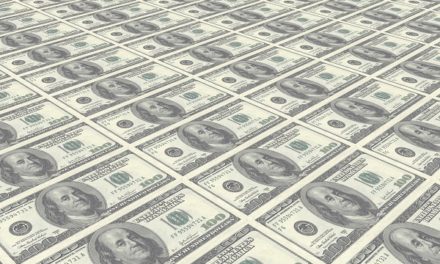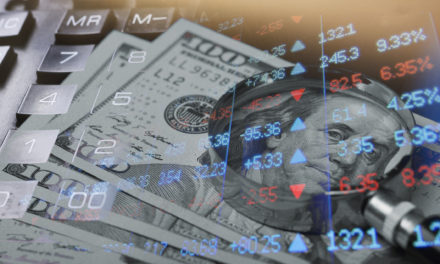
“Only buy something that you’d be perfectly happy to hold if the market shut down for 10 years.”
— Warren Buffett
Such a great quote from Warren Buffett, highlighting the importance of investment time horizon when considering making an investment. In the short run, who knows what the stock market will do? A week or two after buying any given stock, could the entire stock market fall out of bed? Quite possibly! Should that happen, how would you react? It is an excellent question to think about before hitting the buy button.
For investors who take a multi-year time horizon, the important thing is not what happens in the next week or two, but what the result will be over the long haul. Today, we look at the result investors of the year 2015 experienced, who considered an investment in shares of Synchrony Financial (NYSE: SYF) and decided upon a ten year investment time horizon.
| Start date: | 01/15/2015 |
|
|||
| End date: | 01/14/2025 | ||||
| Start price/share: | $28.52 | ||||
| End price/share: | $66.06 | ||||
| Starting shares: | 350.63 | ||||
| Ending shares: | 432.47 | ||||
| Dividends reinvested/share: | $7.02 | ||||
| Total return: | 185.69% | ||||
| Average annual return: | 11.06% | ||||
| Starting investment: | $10,000.00 | ||||
| Ending investment: | $28,564.48 | ||||
As shown above, the ten year investment result worked out quite well, with an annualized rate of return of 11.06%. This would have turned a $10K investment made 10 years ago into $28,564.48 today (as of 01/14/2025). On a total return basis, that’s a result of 185.69% (something to think about: how might SYF shares perform over the next 10 years?). [These numbers were computed with the Dividend Channel DRIP Returns Calculator.]
Notice that Synchrony Financial paid investors a total of $7.02/share in dividends over the 10 holding period, marking a second component of the total return beyond share price change alone. Much like watering a tree, reinvesting dividends can help an investment to grow over time — for the above calculations we assume dividend reinvestment (and for this exercise the closing price on ex-date is used for the reinvestment of a given dividend).
Based upon the most recent annualized dividend rate of 1/share, we calculate that SYF has a current yield of approximately 1.51%. Another interesting datapoint we can examine is ‘yield on cost’ — in other words, we can express the current annualized dividend of 1 against the original $28.52/share purchase price. This works out to a yield on cost of 5.29%.
Another great investment quote to think about:
“If you’re prepared to invest in a company, then you ought to be able to explain why in simple language that a fifth grader could understand, and quickly enough so the fifth grader won’t get bored.” — Peter Lynch




